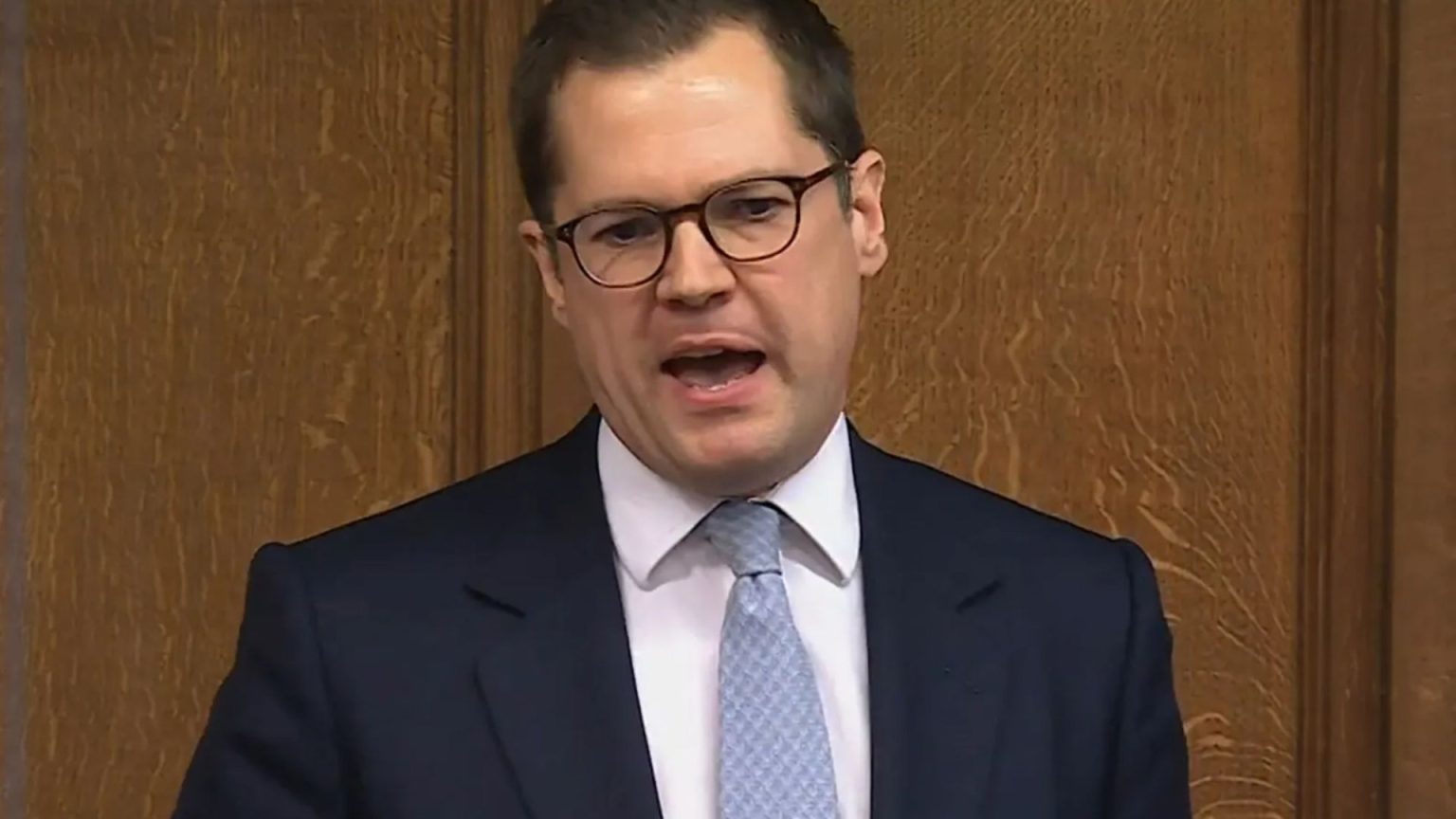The prevailing sentiment in Britain today is one of pervasive unease and fear, fueled by what feels like an unrelenting crime wave. Citizens are apprehensive about their safety, whether walking down the street or returning home at night. This fear is palpable, impacting daily routines and creating a climate of anxiety. The current situation necessitates a decisive response to restore public confidence and ensure the safety and security of communities. Anecdotal evidence of street crime abounds, reinforcing the perception that crime is spiraling out of control. This necessitates practical solutions and a firm commitment to tackling the root causes of this widespread insecurity.
A significant contributing factor to this perceived crime wave is the disproportionate impact of a small group of repeat offenders. A shocking statistic reveals that a mere 8% of criminals are responsible for a staggering 52% of all crimes committed. This highlights a systemic failure to effectively address recidivism and prevent career criminals from repeatedly victimizing the public. The justice system appears to be revolving door, allowing hardened criminals back onto the streets to continue their criminal activities. This glaring disparity underscores the urgent need for a more robust and effective approach to criminal justice, focusing on longer sentences for repeat offenders and strategies to break the cycle of re-offending.
The current approach, which often involves lenient sentences and a lack of meaningful rehabilitation, is demonstrably failing. Cases such as Joseph Philips, with 300 theft convictions but no prison sentence, and Owen Hill, with 70 prior convictions yet spared jail time for assaulting a police officer, exemplify this flawed system. These individuals, emblematic of a larger cohort of repeat offenders, exploit the lenient nature of the current system, perpetuating a cycle of crime and contributing significantly to the overall crime rate. Their continued presence on the streets not only poses a direct threat to public safety but also erodes public trust in the justice system.
Shadow Justice Secretary Robert Jenrick argues that longer prison sentences for career criminals are essential to protect the public, provide respite to communities, and significantly reduce crime rates. He advocates for a “common sense” approach, emphasizing that while second chances are important, the current system, which allows individuals with 50 or even 100+ convictions to continue offending, is simply untenable. This approach prioritizes public safety and aims to dismantle the current cycle of repeat offending by incapacitating the most prolific criminals. He criticizes the current Labour government for its perceived inaction and lack of a clear strategy to address the issue, highlighting their accidental release of dangerous criminals as further evidence of their incompetence.
Jenrick proposes several concrete steps to address the issue of prison capacity, which is a key obstacle to implementing longer sentences for career criminals. He suggests removing the 10,000 foreign national offenders currently incarcerated in British prisons, a move that would free up considerable space and save taxpayer money. He further advocates for stronger diplomatic pressure on other countries to repatriate their nationals convicted of crimes in Britain, including measures such as visa suspensions or foreign aid reductions for non-cooperative nations. This approach takes a hard-line stance on international cooperation in criminal justice matters, aiming to ensure that foreign offenders serve their sentences in their home countries.
Furthermore, Jenrick proposes maximizing court capacity to reduce the number of individuals held on remand, thereby freeing up additional prison space. He points to the 4,500 unused court days as a significant inefficiency that contributes to a backlog of cases, including serious offenses like rape, which are being scheduled as far out as 2027. This delay not only undermines justice but also exacerbates the problem of prison overcrowding by keeping individuals in custody awaiting trial for extended periods. He criticizes the current situation as disrespectful to victims and a symptom of a dysfunctional justice system. By streamlining court processes and maximizing capacity, Jenrick argues, the system can become more efficient, reduce remand populations, and prioritize the timely prosecution of serious crimes. Ultimately, Jenrick’s proposals aim to create a more effective and robust criminal justice system that prioritizes public safety, holds career criminals accountable, and restores public confidence in the ability of the government to address the pressing issue of crime.


